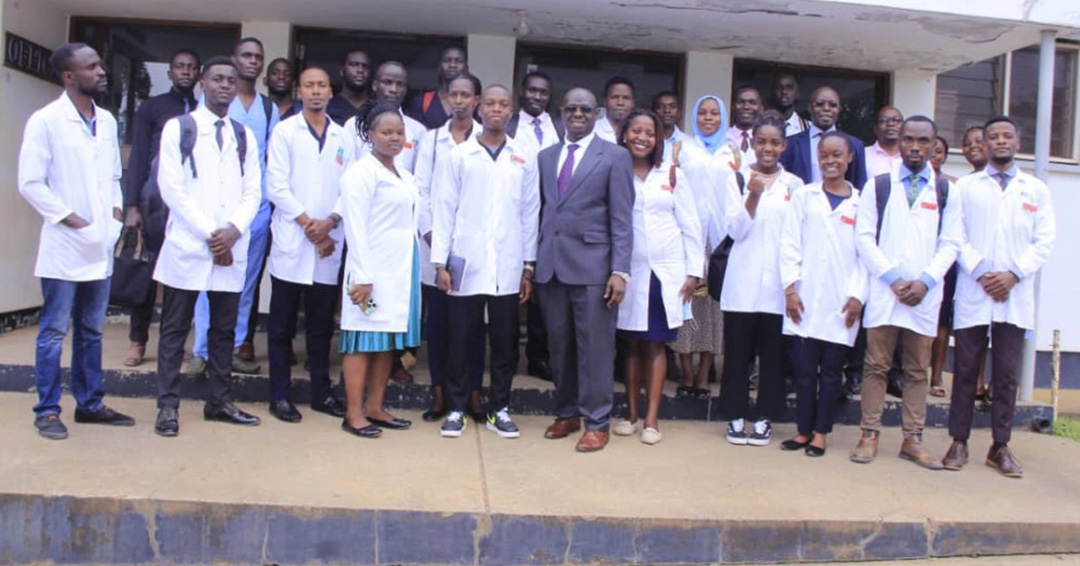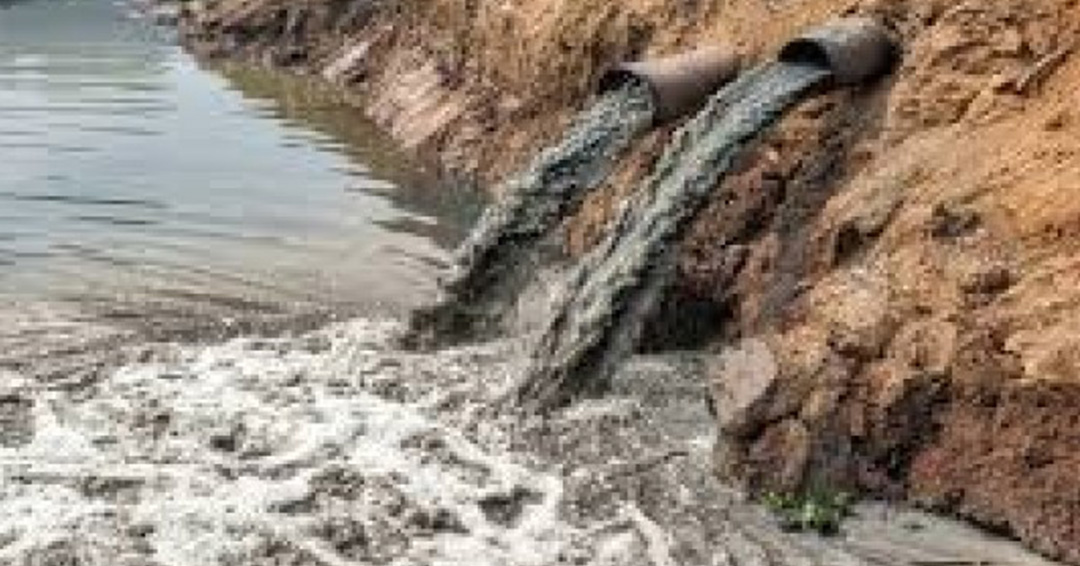
Sep
KIU Teaching Hospital Strengthens Partnership With Kitagata General Hospital
September 5, 2024, 9:40 am
 Administrator
Administrator

Yesterday March 22 was World Water Day. According to the United Nations, World Water Day celebrates water and raises awareness of the 2.2 billion people living without access to safe water. It is about taking action to tackle the global water crisis.
A core focus of World Water Day is to support the achievement of Sustainable Development Goal 6: water and sanitation forall by 2030.
There are many sources of drinking water or water for domestic use. These include; springs, rivers, lakes, wells, streams, boreholes, taps and rain among others.
However, most of the water we use either comes from contaminated sources, or is contaminated enroute to our houses.
Water pollution is the biggest contributor to unclean water. In Kampala for example, the Nakivubo channel, which is the main drainage channel in the city and flows all the way into Lake Victoria, is filled with pollutants, which are mainly dumped there by residents of the city.
People open their sewers when it rains, dumping human waste into flowing rain water, which ends up in the channel.
A 2015 study titled Microbial and chemical contamination of water, sediment and soil in the Nakivubo wetland area in Kampala, Uganda which was published in Springer Link, found that the reuse of domestic and industrial wastewater in urban settings of the developing world may harm the health of people through direct contact or via contaminated urban agricultural products and drinking water.
The study also revealed considerable microbial and chemical contamination of the Nakivubo wetland and Lake Victoria ecosystem due to domestic and industrial wastewater flows through Kampala City.
Most of the people in urban areas are a bit privileged because the water they often use – especially tap water – is decontaminated by the National Water and Sewerage Company (NWSC).
However, there are those in city slums and rural areas who do not have access to tap water and fetch their water from open air water sources like wells, springs, streams, rivers and lakes.
Ironically, these people use the same water sources as disposable areas for human and animal waste, which contaminates theirwater sources leading to diseases like cholera, bilharzia, dysentery, diarrhoea and others.
The economic cost of treating these people for disease and treating the water sources is high and it always comes back full circle to the tax payer.
Therefore, before you think of urinating in that river or throwing garbage in that stream, think about the harm you are causing to the water you or some other person will drink or use to cook their food.
Happy belated World Water Day!
Internet Photo
Kampala International University,
Box 20000, Ggaba Road, Kansanga, Kampala
+256-760 502660
+256-700 100808